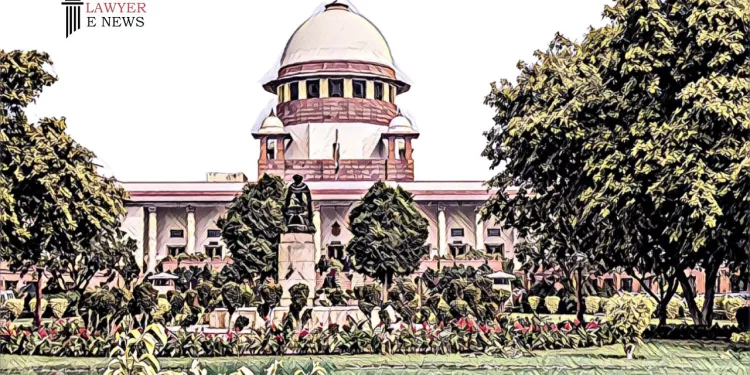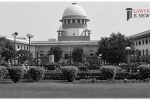Delay Not Fatal and Alibi Insufficient – Conviction Upheld in Murder Case: Supreme Court

In a significant judgment delivered on October 10, 2023, the Supreme Court of India upheld the conviction and sentences of the accused in a high-profile criminal appeal. The bench, presided over by Justice Sanjay Karol, addressed various crucial aspects of the case and set important legal precedents.
The central issue in this case was the appeal against the High Court’s judgment that confirmed the conviction and sentences of the accused individuals under various sections of the Indian Penal Code, 1860, and the Explosive Substance Act, 1908. The appellants had raised multiple grounds for their appeal.
One of the key aspects addressed by the Supreme Court was the delay in registering the First Information Report (FIR). The Court emphasized that “delay in filing the FIR cannot be said to be fatal to the case of the prosecution,” highlighting that the timing of filing the FIR should be assessed based on the specific circumstances of each case.
Regarding the plea of alibi raised by the accused, the Supreme Court reiterated the legal principles governing such defenses. It stressed that “for the plea of alibi to be established, something other than a mere ocular statement ought to have been present,” emphasizing the need for corroborative evidence to substantiate alibi claims.
The Court also examined allegations of contradictions in the testimonies of prosecution witnesses. After careful analysis, it found that the testimonies were coherent on essential aspects of the case, and there was no substantial contradiction that would undermine the credibility of the prosecution’s case.
In response to claims about the deceased’s criminal record, the Court noted that such claims were unsubstantiated on the record and could not be used as a defense against the charges. The Court emphasized that a history of criminal involvement could not automatically grant the benefit of doubt to the accused.
Supreme Court upheld the conviction and sentences, stating that they were neither excessive nor disproportionate to the crimes for which the appellants were convicted. The Court also canceled the bail granted earlier and directed the appellants to surrender immediately.
This judgment sets important legal precedents in criminal appeals, particularly regarding the assessment of delay in FIR registration and the requirements for establishing an alibi defense. It reinforces the principle that a criminal history of the deceased cannot be used as a blanket defense in cases involving serious charges.
Date of Decision: 10 October 2023
KAMAL PRASAD & ORS. vs THE STATE OF MADHYA PRADESH






